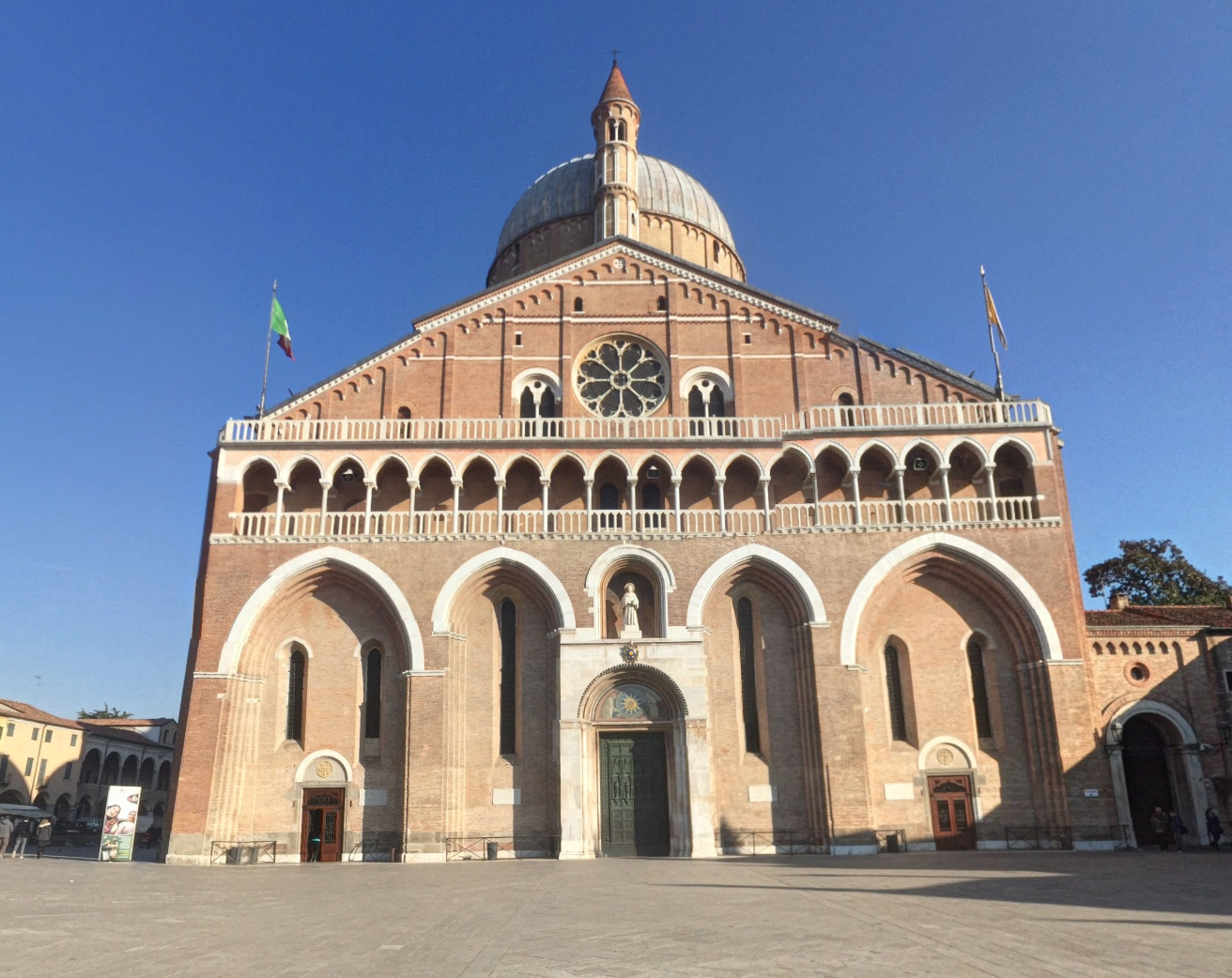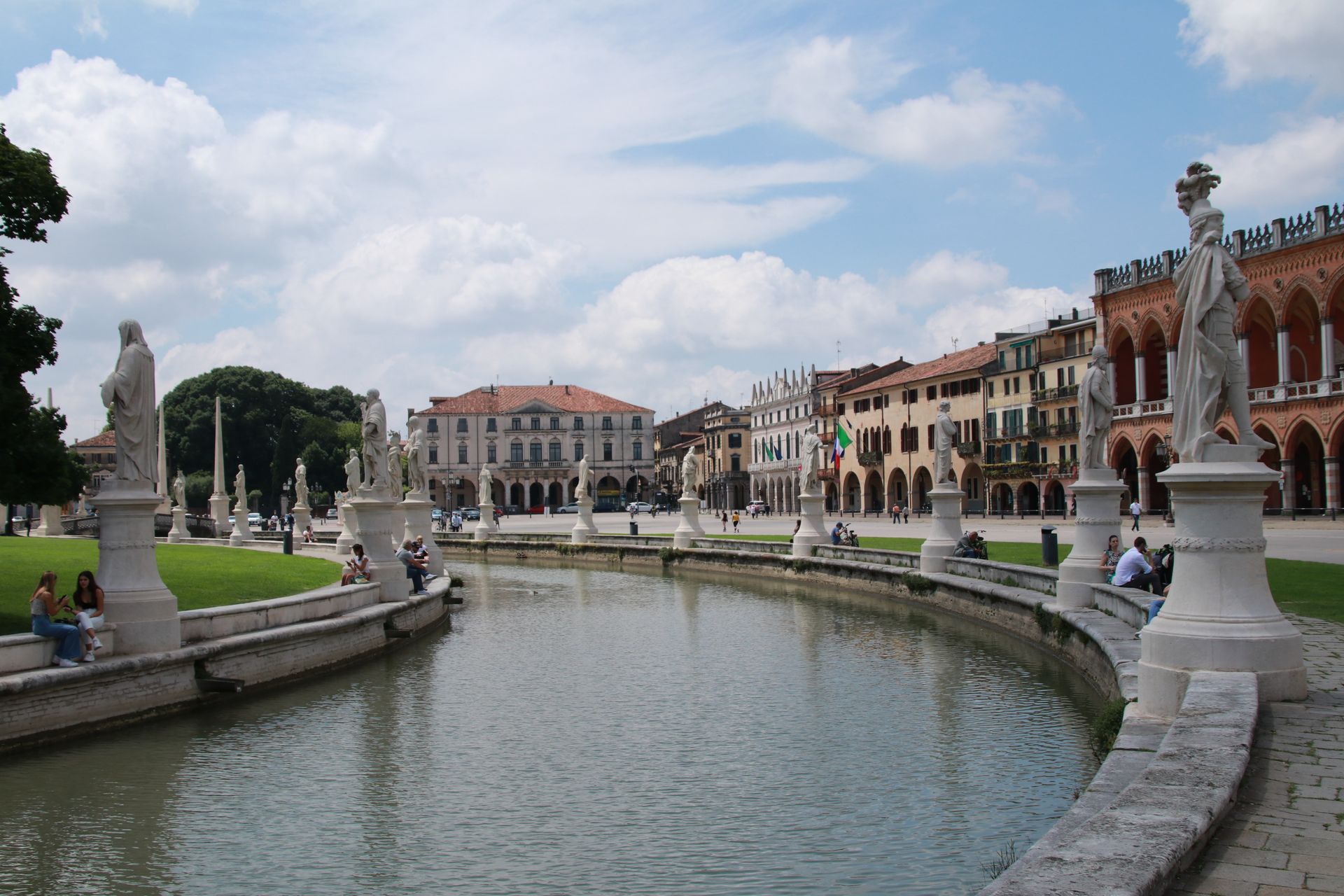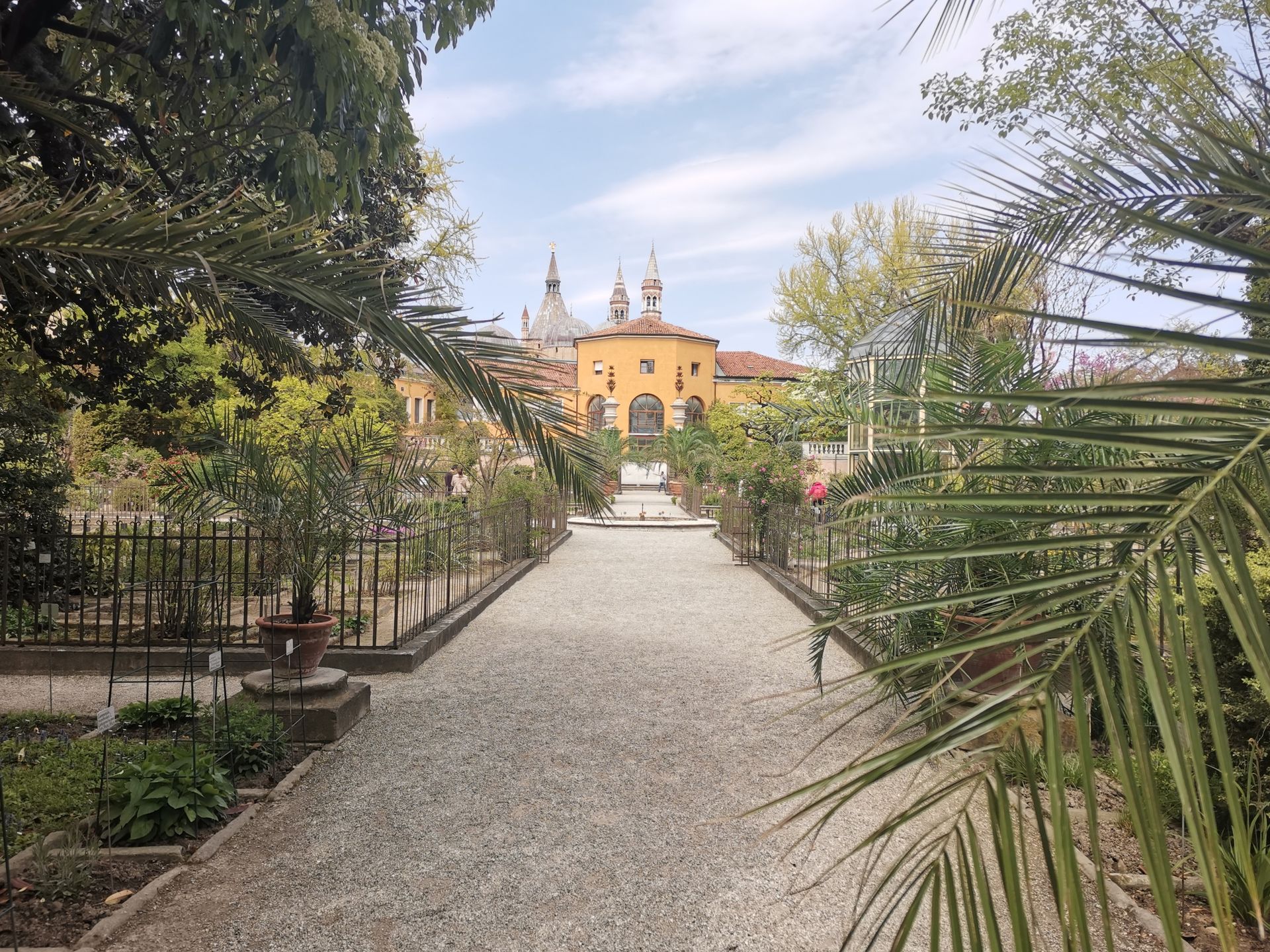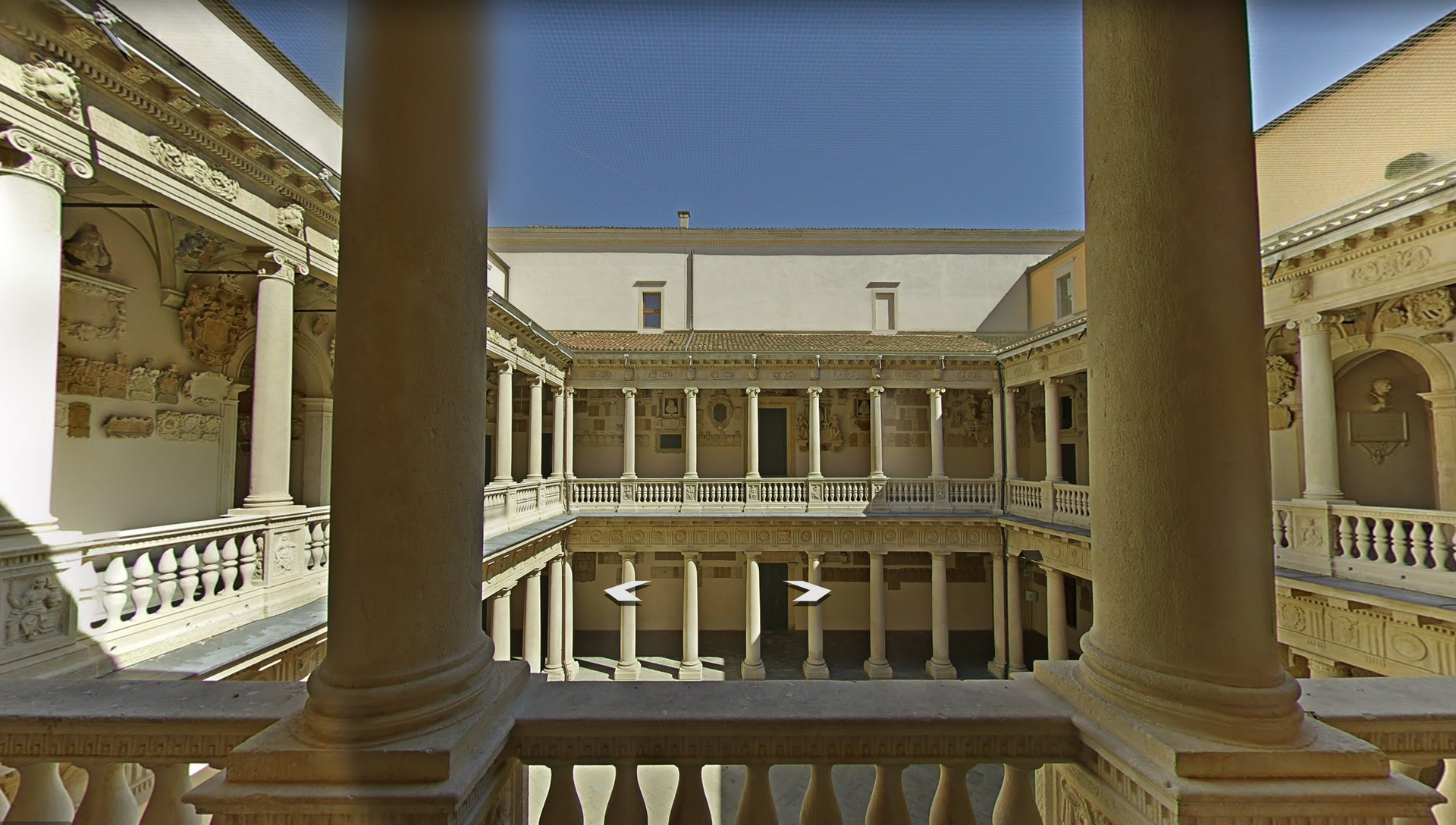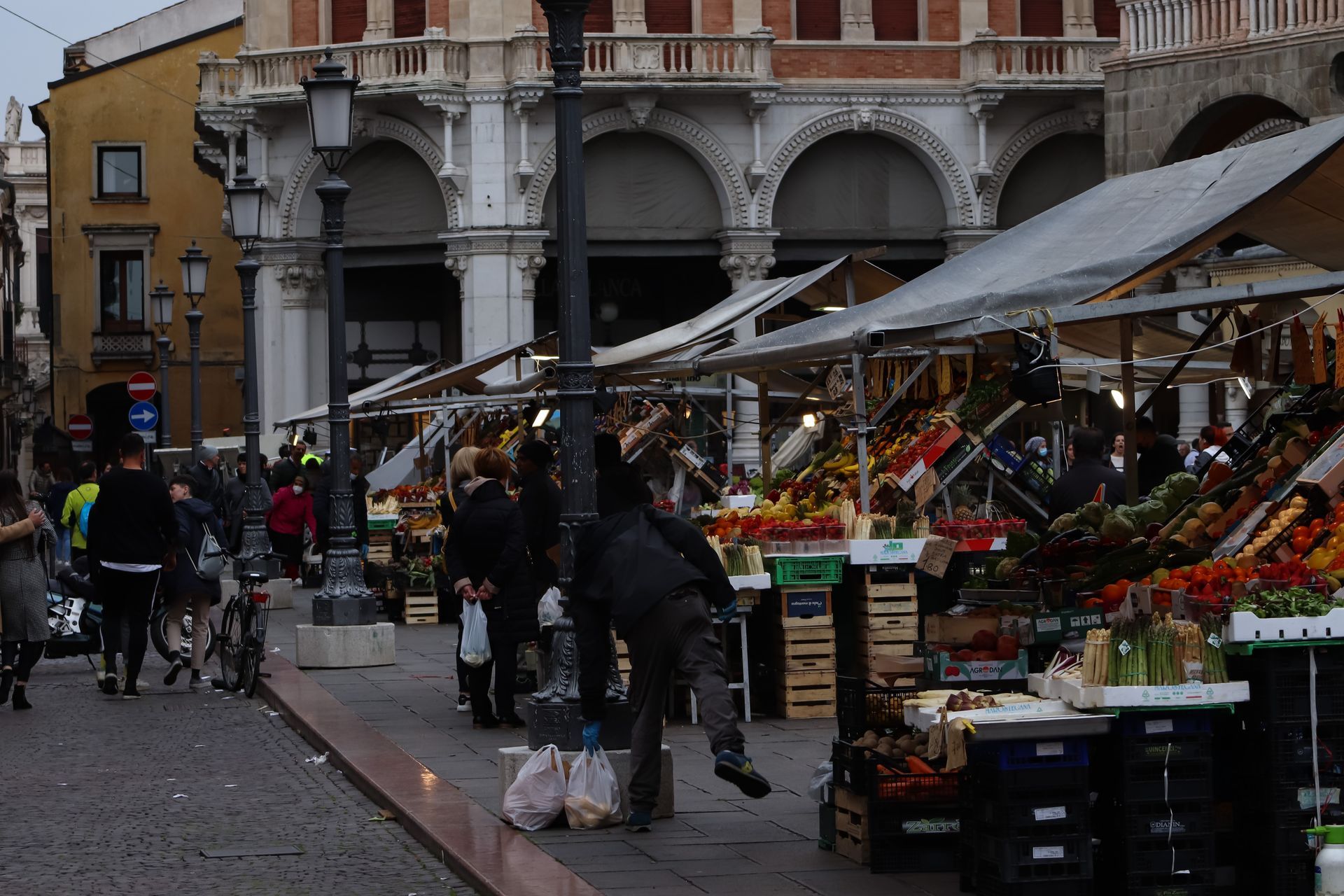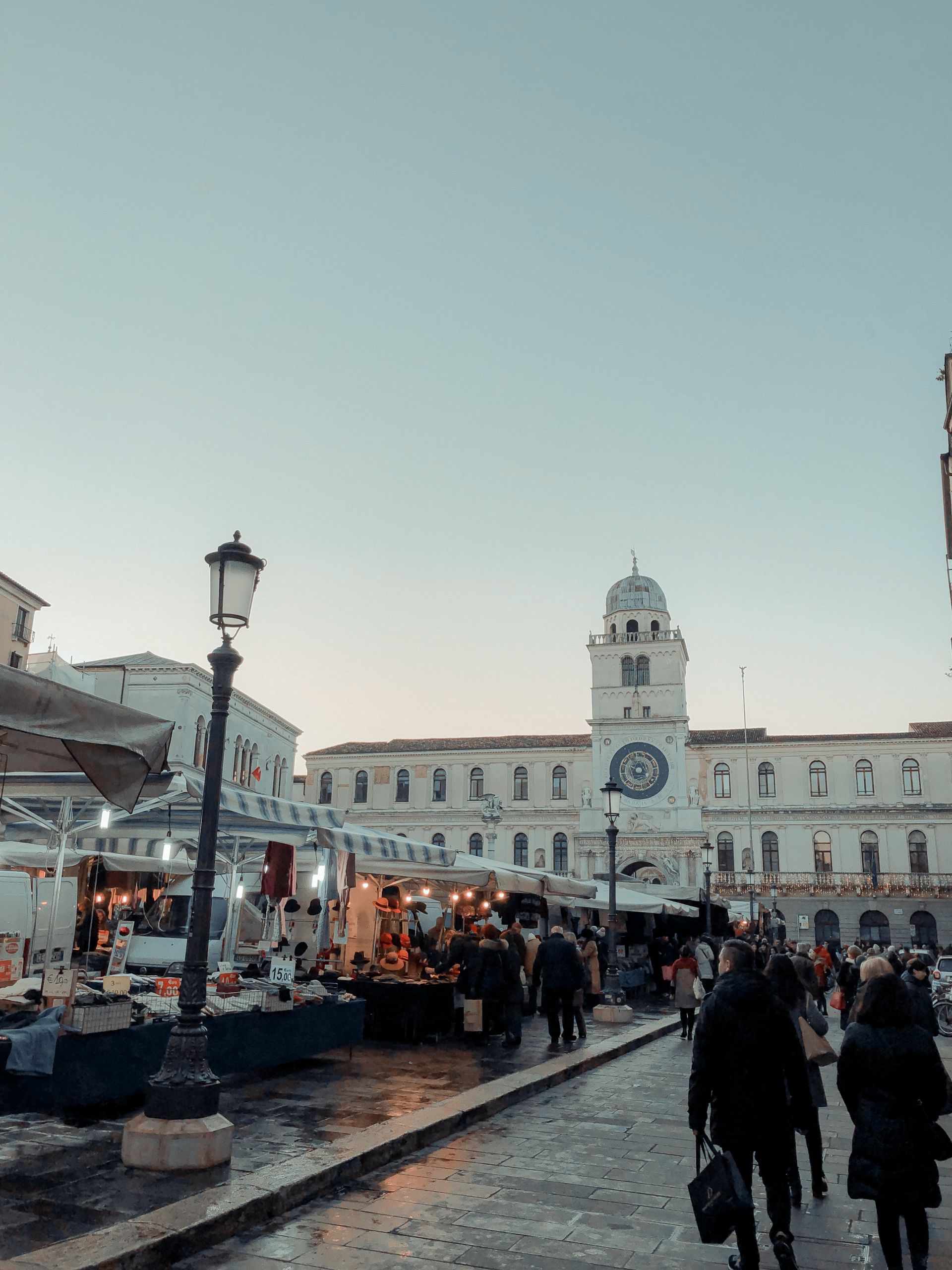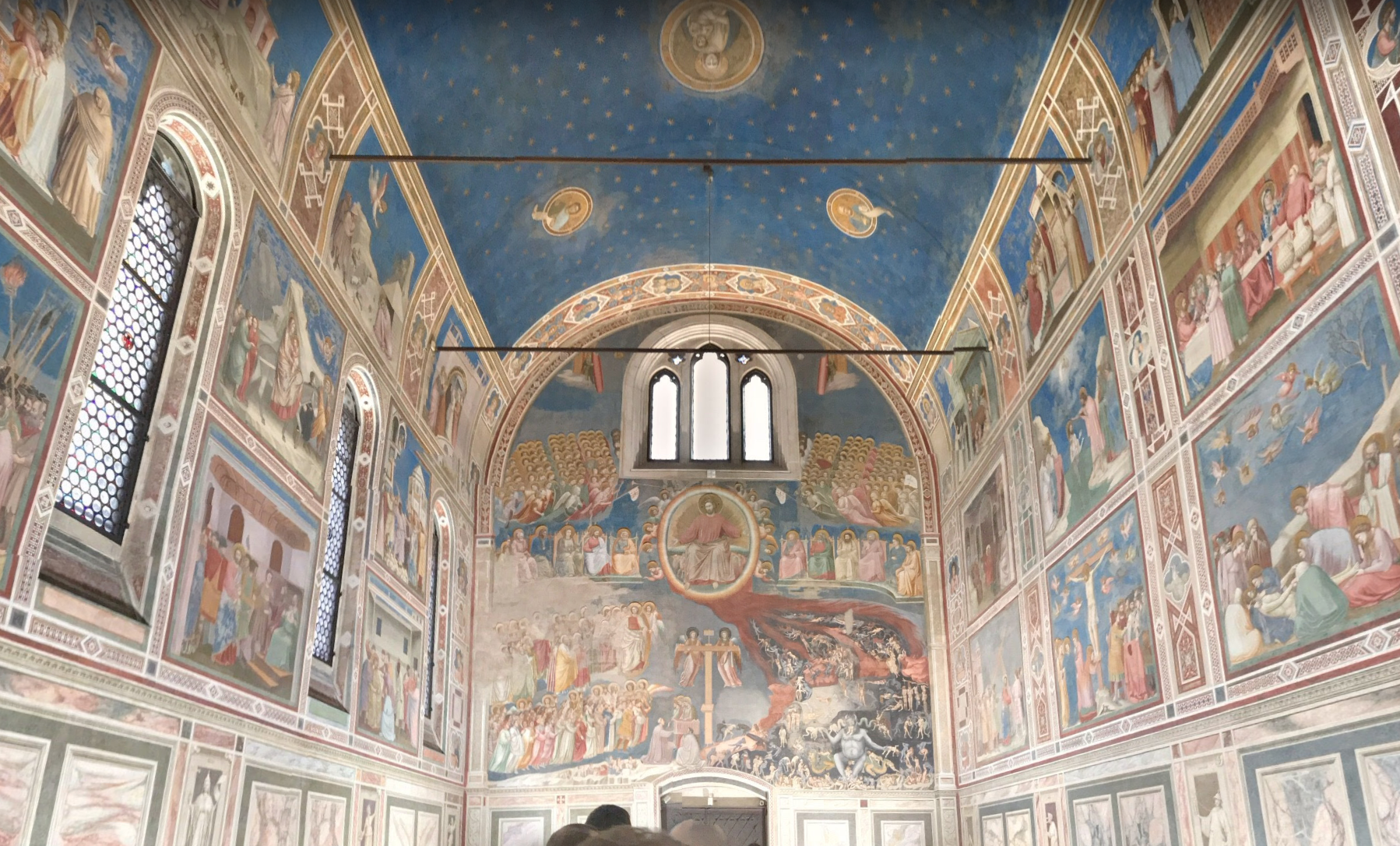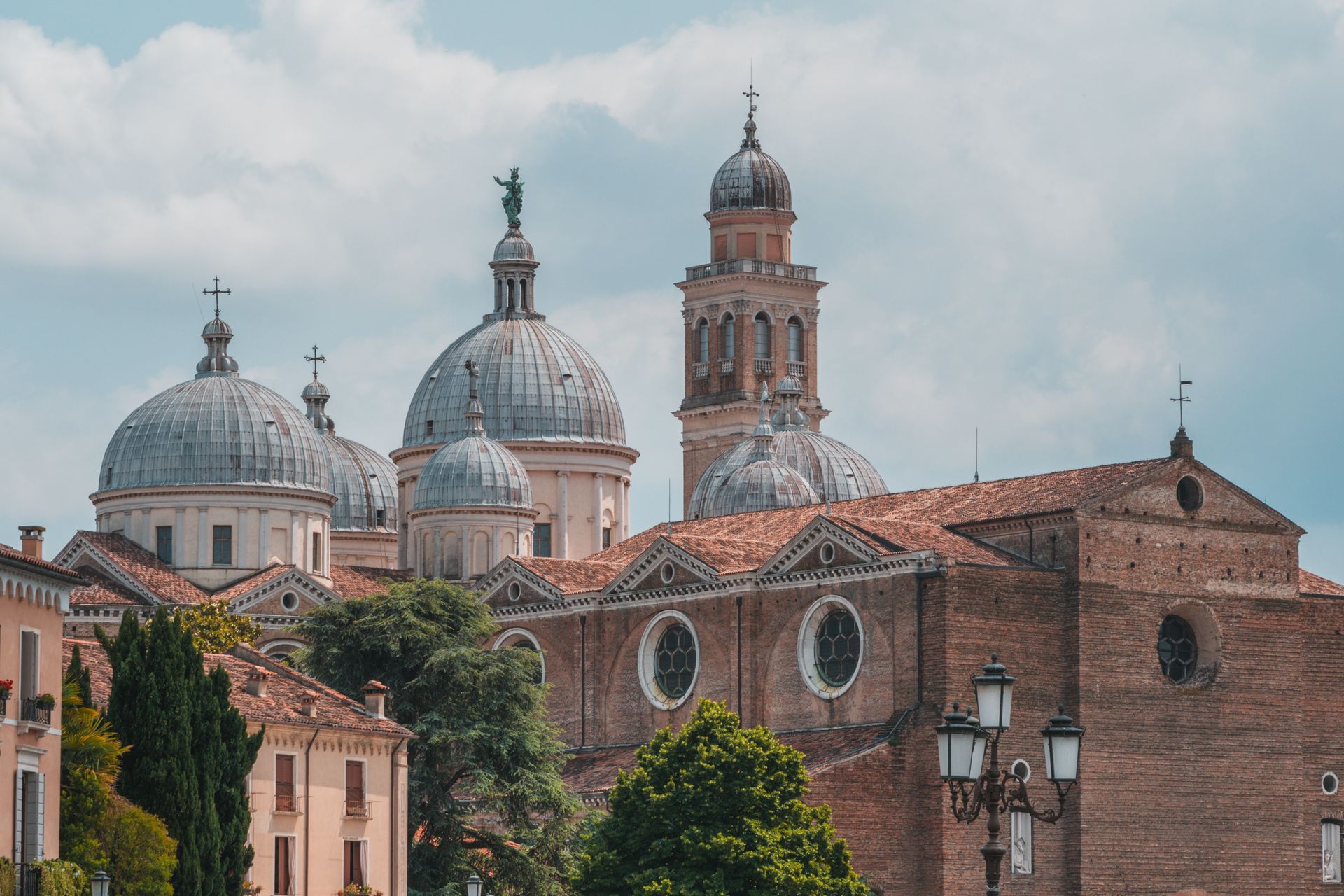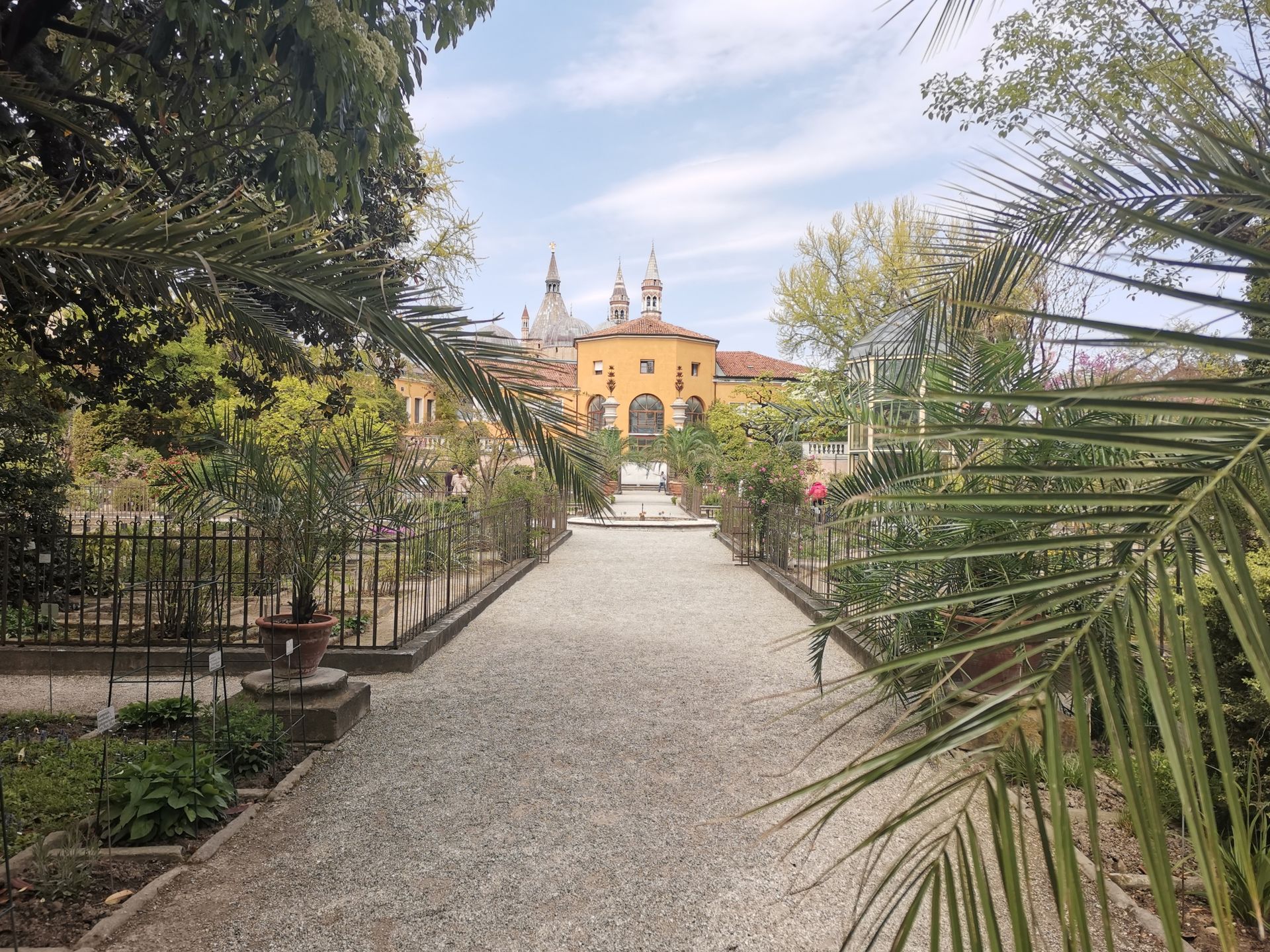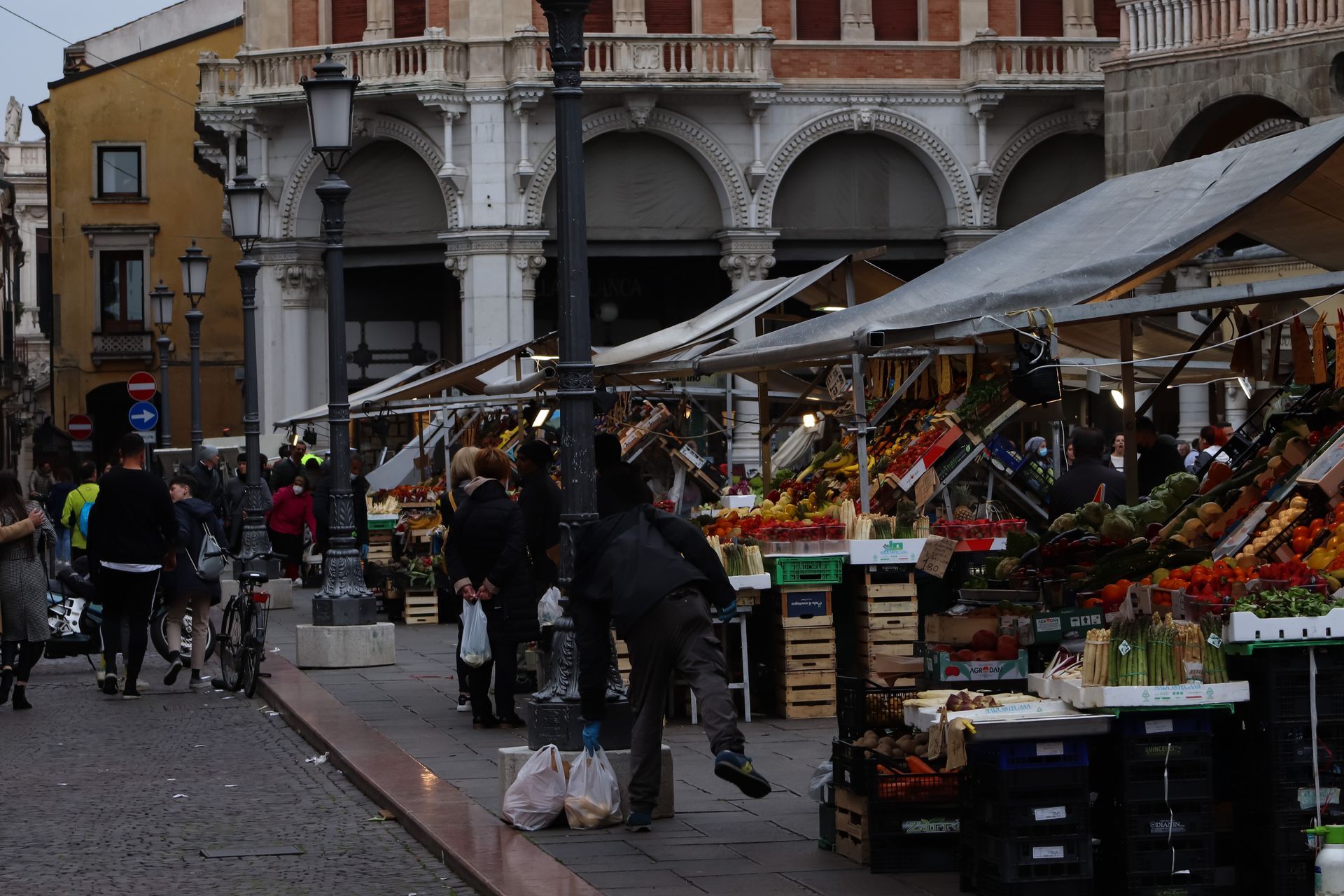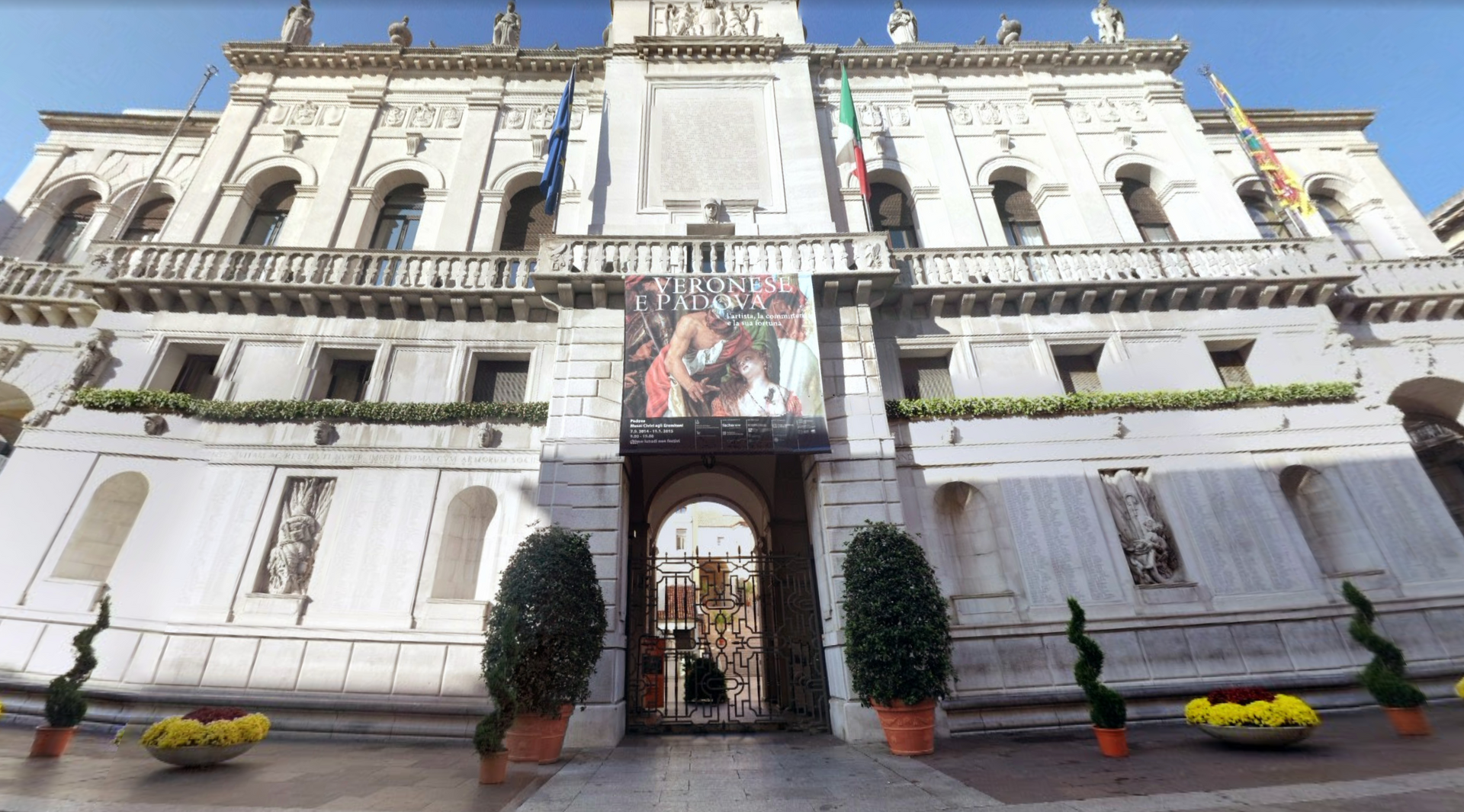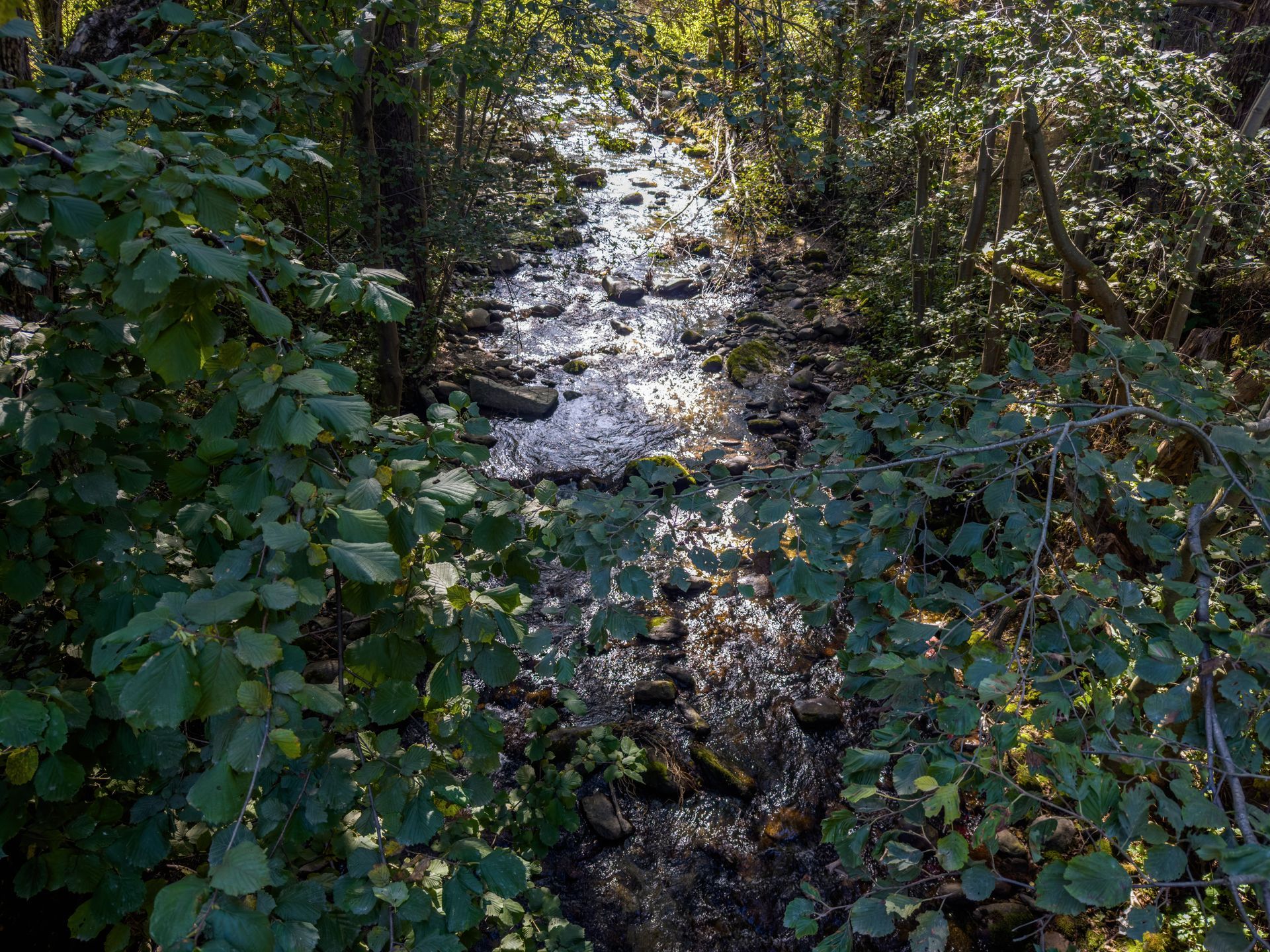Things to do in Padua
Nestled amidst renowned Italian cities, Padua's charm often goes unnoticed. Yet, it's precisely this lesser-known status that makes it a must-visit on your things to do in Padua list. One of northern Italy's oldest cities, Padua boasts a historical tapestry and global attractions.
Admire frescoes igniting the Italian Renaissance, tread Galileo's path at the world’s 5th oldest university, and savour coffee at Italy’s iconic cafés. Beyond these, Padua offers an abundance of treasures. Whether a day trip from Venice or Verona or a longer stay, let Padua's world-class sites and unique experiences captivate you.
Step inside Saint Anthony of Padua Church
The Basilica di Sant'Antonio di Padova, also known as the St. Anthony of Padua Church, holds a special place in Padua as the revered centre of religious worship dedicated to 'il Santo,' St. Anthony, its patron saint. Recognized among the Holy See's eight international shrines, it draws millions of global Roman Catholics on a pilgrimage annually. Originating in the 1200s, this remarkable creation showcases a fascinating fusion of architectural elements, encompassing a Romanesque façade, Byzantine domes, and Gothic and Baroque interior designs.
Adorned with splendid frescoes, vibrant artworks, and intricate marble statues, it's a treasure trove of artistic heritage, including masterpieces by Italian luminaries like Donatello and Titian. The basilica offers an enriching experience, from its chapels to cloisters, and an opportunity to delve deeper into St. Anthony's legacy by visiting the Museum of the Basilica. Amidst things to do in Padua, this spiritual journey is a must.
Wander around the huge Prato della Valle
Padua's achievements continue with its claim to Italy's largest piazza, the awe-inspiring Prato della Valle. Encompassing 90,000 sq meters, it features a central grassy island named l’Isola Memmia, adorned by 78 statues paying homage to the city's renowned figures. Prato della Valle thrives with life as locals relish strolls and children frolic in the sunshine.
The piazza remains abuzz throughout the year with events and markets, adding an element of delightful unpredictability to your visit. Amidst things to do in Padua, this vibrant square stands as a testament to the city's vibrant culture and its penchant for creating remarkable spaces for both residents and visitors to enjoy.
Explore Padua’s Botanical Gardens
Founded in 1545, the Orto Botanico di Padova proudly claims the title of the world's oldest academic botanical garden still situated in its original location. Regarded as the progenitor of botanical gardens worldwide, it has paved the way for the myriad of gardens that grace our planet today.
Initially commissioned by the Venetian Republic as a haven for medicinal plants, Padua's Botanical Gardens have remained intertwined with the University of Padua. Throughout its existence, the gardens have nurtured studies in botany, medicine, pharmacology, ecology, and diverse disciplines.
Today, this enchanting haven stands as a UNESCO World Heritage Site, welcoming daily visitors. Within its grounds, you'll find two primary sections: the historical garden and the biodiversity garden, featuring an impressive collection of 7,000 botanical species. Amidst things to do in Padua, a stroll through these remarkable gardens offers a glimpse into centuries of botanical heritage, knowledge, and natural beauty.
Medicean Walls of Grosseto
Established in 1222, the University of Padua holds the distinction of being Italy's second-oldest university, a testament to its enduring academic heritage. A brainchild of scholars seeking autonomy, it was a beacon of academic freedom. Notably, it was also the world's first to grant a PhD to a woman, Elena Lucrezia Corner Piscopia, in 1678.
Palazzo Bo, the university's hub, graces Padua's historical heart. Its main courtyard, adorned with mesmerizing frescoes, welcomes all. Delving deeper with a guided tour reveals the 800-year-old marvels, unveiling grand halls resonating with scientific breakthroughs. Witness the world's pioneering permanent anatomical theatre and Galileo Galilei's teaching desk, igniting learning in the early 1600s.
Exploring the University of Padua offers a glimpse into history, intellect, and progress. Amidst things to do in Padua, this academic odyssey stands as a must for those seeking to uncover the city's scholarly heritage.
Shop at Padua’s 800-year-old market
While Padua boasts many ancient landmarks, its daily market has stood strong for over 800 years, a lesser-known but equally fascinating tradition. Each morning from Monday to Saturday, a lively market graces Piazza delle Erbe and Piazza delle Frutta, seamlessly intertwining itself with the city's history over centuries. From fresh produce to clothing, household essentials, and vintage treasures, the market presents a wide-ranging selection of merchandise.
A visit to this bustling market is a must on your list of things to do in Padua. Amidst the lively squares, numerous cafes and restaurants beckon, offering a delightful pause for morning coffee or lunch, all while observing the vibrant market scene. Don't miss the Palazzo della Ragione, Padua’s imposing medieval town hall, standing between the squares, creating a majestic backdrop to this timeless tradition.
See the astronomical clock in Piazza dei Signori
Visit the astronomical clock located in Piazza dei Signori, a historically significant square in Padua. Once the epicentre of Padua's rulers (signori), this square resonates with the aura of authority reflected in its impressive structures.
The focal point is the Torre Dell’Orologio, a testament to timekeeping mastery. This 24-hour astronomical clock not only tells the time and date but also positions the Sun within the Zodiac. Remarkably, this clock holds the title of one of the world's oldest functional timepieces, built in 1344. Adding to its intrigue, the clock portrays only 11 of the 12 zodiac signs, with Libra conspicuously absent. This quirk is rooted in the pre-Roman Zodiac system, where Libra was integrated into the Scorpio constellation.
Amidst the array of things to do in Padua, exploring Piazza dei Signori and its timeless clock offers a glimpse into the city's historical tapestry and the intricate relationship between science and culture.
Admire the frescoes of the Scrovegni Chapel
Nestled unassumingly in Padua, the Scrovegni Chapel (Cappella degli Scrovegni) conceals a treasure trove that belies its exterior. This 14th-century church, modest from the outside, cradles within it the most comprehensive array of frescoes by the illustrious Italian painter Giotto. These exquisite frescoes, adorning its walls, narrate biblical tales, portraying the life of the Virgin Mary and Jesus Christ. Revered as a masterpiece, these frescoes are believed by many art historians to have ignited the flames of the Italian Renaissance through Giotto's brush.
In a city adorned with wonders, the Scrovegni Chapel stands as an essential pilgrimage. It is, however, accessible solely through guided tours due to its fragility, and reservations are crucial owing to its popularity. Amidst the tapestry of things to do in Padua, a journey into the Scrovegni Chapel unravels the legacy of artistry that has shaped the city's cultural heritage and echoes through the corridors of time.
Visit Padua Cathedral, Baptistery & Diocesan Museum
Piazza Duomo in Padua is a prominent hub that showcases three notable landmarks: Padua Cathedral, the Baptistery, and the Diocesan Museum. While it might not match the exterior splendour of the Saint Anthony of Padua Church, the Duomo di Padua remains essential.
Originally established in 1117, it underwent reconstruction due to earthquake damage. Adjacent is the Baptistery of Padua, adorned with breathtaking 14th-century frescoes by Italian artist Giusta de Menabuoi, a student of Giotto. The trio culminates with the Diocesan Museum, housed in the former 15th-century residence of Padua's Bishops, showcasing the city's paramount collection of religious art. Experience these treasures amidst things to do in Padua.
In the tapestry of things to do in Padua, a captivating blend of history, art, and culture awaits. From the celestial frescoes of the Scrovegni Chapel to the scholarly corridors of the University of Padua, each experience unveils a facet of this hidden gem. Whether exploring opulent villas on a Brenta Canal cruise or immersing in the vibrant markets, Padua's allure captivates.
Piazza dei Signori's astronomical clock bridges the past and present, while Piazza Duomo houses spiritual and artistic legacies. As you navigate this charming city, things to do in Padua offer a glimpse into a world where tradition, intellect, and beauty harmoniously converge.
Embark on a journey of history, art, and relaxation in Grosseto. From ancient wonders like Palazzo Aldobrandeschi and the Roselle Archaeological Site to the spiritual resonance of Grosseto Cathedral and Chiesa di San Pietro, this enchanting city beckons. Unwind at Bagno Moderno's beach bar and immerse yourself in culture at Polo Culturale Le Clarisse.
Piazza Dante's vibrant allure and the Maremma Museum's insights add depth. In Grosseto, every corner tells a story, and every experience enriches. Discover the heart of Tuscany through diverse encounters – that's the essence of Things to do in Grosseto.
Unusual Things To Do in Padua
When you think of Padua, you might immediately envision its famous historic sites and renowned university. This charming Italian city has more than just well-known attractions. If you're seeking a unique and off-the-beaten-path experience, consider these unusual things to do in Padua.
Visit the Orto Botanico di Padova
Unusual things to do in Padua are a must, and the Orto Botanico di Padova, the world's oldest botanical garden, is a hidden gem waiting to be discovered. Established in 1545, this lush oasis is home to a remarkable collection of plants, some of which are centuries old. Stroll through its greenhouses and marvel at rare and exotic species. The garden also offers a fascinating insight into the history of botanical science, making it a unique and educational experience.
Explore the Padua Market
While many travellers focus on famous Italian food destinations like Bologna or Florence, Padua boasts its culinary delights. Unusual things to do in Padua include exploring the bustling marketplaces, such as the Mercato delle Erbe. Here, you can savour many Italian delicacies, from fresh produce and regional cheeses to artisanal cured meats and freshly baked bread. Sample local produce and experience Paduan cuisine.
Discover the Anatomy Theater of the University of Padua
The Anatomy Theater of the University of Padua is a unique and unusual attraction that provides insight into the history of medical education. Built in 1594, it is one of the oldest anatomical theatres in the world. The theatre was used for anatomy lessons, and its design allowed students to observe dissections from multiple angles. Today, it offers a fascinating glimpse into the evolution of medical education and serves as a testament to Padua's role in the history of science.
Take a Gondola Ride on the Piovego River
While Venice is famous for its iconic gondola rides, Padua offers a quieter and equally enchanting alternative. Unusual things to do in Padua include taking a gondola ride along the Piovego River. These charming boats will carry you through picturesque canals and beneath arching bridges. It's a romantic and serene experience, allowing you to explore the city from a unique perspective without the crowds and price tag of Venice.
Is Padua Worth Exploring Unconventionally? Absolutely!
Padua's charm goes beyond its historical sites and academic renown. Exploring unusual things to do in Padua adds a layer of depth to your visit, allowing you to connect with the city's rich history, vibrant culture, and natural beauty in unconventional ways. Whether you're passionate about botany, a food enthusiast, a history buff, or a lover of quiet gondola rides, Padua has unique and lesser-known experiences to offer. Unconventionally exploring Padua is a chance to create lasting memories and a deeper appreciation for this fascinating Italian city.
What is Padua famous for
Padua, an enchanting city located in the Veneto region of Northern Italy, boasts a rich and storied history that has left an indelible mark on the world. When pondering the question, "What is Padua famous for?" one can delve into a multitude of facets that have made this city renowned and celebrated across centuries.
Ancient University Traditions: What is Padua Famous For
What is Padua famous for? Founded in 1222, the University of Padua stands as one of Italy's oldest educational institutions, significantly shaping the city's renown. Boasting over 800 years of academic history, it has consistently upheld a legacy of excellence. It's here that illustrious figures like Galileo Galilei and Copernicus made groundbreaking contributions to the fields of astronomy and science. The university's rich heritage and ongoing contributions to research and learning make it a true symbol of Padua's intellectual vitality.
Iconic Religious Structures: Padua's Religious Significance
When contemplating "What is Padua famous for," it's impossible to ignore the city's exceptional religious landmarks. The Basilica of Saint Anthony is one of the world's most revered religious sites. This monumental church is dedicated to Saint Anthony of Padua, one of the most venerated saints in the Catholic tradition. Pilgrims and visitors travel from all over to pay their respects to the saint's relics, making it a place of great spiritual importance.
Historic Architecture and Palaces: Padua's Architectural Splendor
Padua is famous for its stunning architectural heritage, which encompasses splendid palaces, churches, and historic buildings. One of the standout examples is the Palazzo della Ragione, an architectural masterpiece that has served various functions throughout the centuries. With its imposing façade and grand halls, it's a symbol of Padua's architectural grandeur and historical importance.
Botanical Beauty: Padua's Oldest Botanical Garden
The Botanical Garden of Padua, known as the Orto Botanico di Padova, is another noteworthy element contributing to Padua's fame and should not be underestimated. Established in 1545, it's renowned as the world's oldest botanical garden. The garden's diverse collection of plant species and its role in the history of botanical science make it a unique attraction. Its lush greenhouses and verdant landscapes offer a tranquil space for both research and recreation.
Is Padua Worth Exploring for its Fame? Absolutely!
when pondering "What is Padua famous for," you'll find a city with a diverse and captivating array of attributes. Its ancient university traditions, iconic religious sites, architectural splendour, and botanical beauty are just a few facets that have contributed to Padua's fame. Whether you have a passion for academia, a keen interest in history, a spiritual pilgrimage, or a desire to explore Italy's cultural treasures, Padua presents a plethora of worthwhile experiences waiting to be explored. The city's fame is well-deserved, and exploring its renowned sites and cultural treasures is an opportunity to connect with its extraordinary legacy.
Padua Market
When it comes to immersing oneself in the heart of a city's culture, there's no place quite like a local market. In Padua, the Padua Market stands out as a vibrant hub of activity, where the rich traditions and flavours of this Italian city come to life. Anyone looking for an authentic and immersive experience should explore the Padua Market.
Exploring Padua Market: A Food Lover's Paradise
The Padua Market is a must-visit destination for food enthusiasts. This marketplace offers a diverse range of Italian delicacies to tantalize your taste buds. As you navigate the market's stalls, you'll encounter a kaleidoscope of fresh produce, regional cheeses, artisanal cured meats, and freshly baked bread. The market's culinary offerings transport you to Italy.
Sampling Local Delicacies: Padua Market's Culinary Delights
One of the highlights of the Padua Market is the opportunity to sample local delicacies. From Veneto's renowned cheeses like Asiago and Grana Padano to the fragrant truffle products and seasonal fruits, there's something to satisfy every palate. For an authentic taste of Padua, be sure to try the local olive oils, balsamic kinds of vinegar, and the Venetian speciality, bacalà mantecato (creamed codfish). The market's vendors are eager to share their expertise and offer samples, allowing you to discover the region's culinary gems.
Meeting Local Artisans: A Cultural Experience
Beyond its culinary offerings, the Padua Market is also a place to engage with local artisans. You can find artisans selling handmade items like ceramics, textiles, and leather goods. These artisanal treasures reflect the artistic traditions of the region and offer unique souvenirs that capture the essence of Padua. It's a chance to connect with the creative spirit of the city and support local craftsmanship.
Market Day Atmosphere: A Lively Experience
Market days in Padua are a dynamic and lively affair. The Padua Market typically operates on Wednesdays and Saturdays in Piazza delle Erbe, and the energy is palpable. The square is transformed into a bustling marketplace with vendors displaying their wares, and the air is filled with the aromas of freshly prepared street food. Seize the ideal chance to engage in the local culture, observe the everyday rhythm of Padua, and participate in its lively atmosphere.
Is Visiting Padua Market a Must? Absolutely!
In conclusion, visiting the Padua Market is a must for anyone seeking to explore the heart of Padua's culture and culinary traditions. The market is a sensory journey that brings the flavours and craftsmanship of the city to life. Whether you're a food lover, an art enthusiast, or simply someone looking to soak in the lively atmosphere of a local market, the Padua Market offers a unique and immersive experience. Connect with Padua's essence and create lasting memories of your visit.
What to do in Padua at night
As the sun sets over the picturesque city of Padua, the opportunities for exploration and entertainment continue to unfold. Contemplating the query, "How to spend evenings in Padua?" unveils a city that transforms with a plethora of activities designed to suit diverse interests and preferences. From cultural experiences to vibrant nightlife, Padua offers a diverse array of nighttime adventures.
Savor Padua's Culinary Delights: Dining at Night
What to do in Padua at night?
Enjoy a culinary journey through the city's charming streets and sample the finest Italian cuisine. Padua offers a wide selection of restaurants, trattorias, and pizzerias that come to life after dark. Savour local dishes such as risotto, handmade pasta, and traditional Venetian seafood. Padua's gastronomic landscape caters to a diverse range of preferences, offering both refined fine-dining options and relaxed meals at local osterias, ensuring there's something for everyone.
Attend Cultural Events: Nighttime Performances and Shows
What to do in Padua at night is a must, and experiencing the city's cultural events is a highlight. The Teatro Verdi in Padua hosts a variety of performances, including opera, theatre, and classical music concerts. Attending a nighttime show at this historic theatre is a memorable way to engage with Padua's vibrant cultural scene. Keep an eye on the city's event calendar for other cultural happenings, such as art exhibitions and performances by local artists.
Nighttime Strolls: Exploring Padua's Streets
Padua is a city that invites leisurely nighttime strolls. Seeing the city at night, with its streets and squares illuminated, offers a new perspective on its beauty. Piazza dei Signori, in the heart of the old town, is especially enchanting after dark, with its historic buildings and elegant cafes. The Prato della Valle, one of Europe's largest city squares, takes on a magical ambience at night, offering a tranquil space for an evening walk.
Enjoy a Nightcap: Padua's Nightlife
What to do in Padua at night wouldn't be complete without experiencing the city's nightlife. Padua has a vibrant nightlife scene with bars and clubs for unwinding and socializing. The historic centre is dotted with wine bars and cosy enotecas where you can enjoy a glass of local wine or a classic Italian aperitivo. If you seek a more vibrant ambiance, Via Altinate is the ideal destination. Renowned for its lively bars and clubs, it offers the perfect setting to dance through the night.
Attend Nighttime Religious Services: Padua's Spiritual Heritage
If you're interested in experiencing the spiritual heritage of Padua, attending nighttime religious services is a unique opportunity. The Basilica of Saint Anthony (Basilica di Sant'Antonio) often hosts evening Masses and religious ceremonies that allow visitors to engage with the city's rich religious traditions. The basilica's stunning architecture and spiritual significance make it a tranquil place to contemplate.
Relax by the Prato della Valle: Serene Evenings
What to do in Padua at night for those seeking a peaceful experience? Head to the Prato della Valle, Padua's iconic elliptical square. The wide, open space is beautifully illuminated, creating a serene ambience. It's an ideal spot to relax and unwind, enjoying the gentle night breeze and the company of friends or loved ones. The Prato della Valle's charm is equally captivating after dark.
Is Exploring Padua at Night Worth It? Absolutely!
Padua is a city that comes alive at night, offering a variety of experiences to suit all interests and desires. Whether you're a culinary enthusiast, a culture lover, a nightlife aficionado, or someone who simply enjoys a stroll, Padua's nighttime offerings have something for everyone. It is a way to experience the city's rich culture, savour its culinary delights, and create lasting memories during the enchanting hours after sunset. Discovering Padua at night is an opportunity to see the city from a different perspective and make the most of your visit to this captivating Italian destination.
FAQs - Padua
Got a question? We’re here to help.




